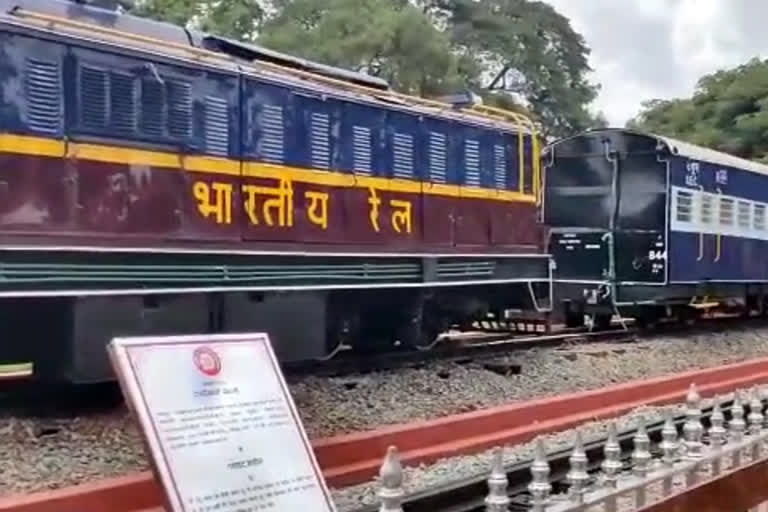New Delhi: Indian Railways worked out strict conditions for private train operators in its draft Concession Agreement to run private trains in the coming years.
From ensuring 95 per cent punctuality every year, installation or facilities like sliding doors, alarm system, coach surveillance, braille signs, Indian Railways has on Thursday asked the operators to fulfil these criteria in the second pre-bid meeting. As many as 23 firms showed interest to run private trains in the meeting.
According to the draft concession agreement, shared during the meeting, private operators have to guarantee at least 95 per cent of punctuality rate every year or have to pay a heavy penalty to the national transporter, paying extra haulage charge worth 200 km of train operation. The haulage charge of private trains is Rs 512 per km. However, in the situation like cattle or human run-over, agitation, bad weather, private operators won't have to pay the penalty.
Along with this, private trains will have to be designed in a way to operate at a maximum service speed of 160 kmph and can even reach to 180 kmph during testing. These trains shall be capable of accelerating of 160 kmph from 0 kmph in 140 seconds at maximum and it should be fitted with emergency brakes which can bring the train to a standstill in less than 1,250 meters when it is running on the maximum speed.
Railways will also depute it's representatives to the project offices of private operators, in order to 'satisfy' itself that the firms are reporting the Gross Revenue 'honestly' and 'faithfully'.
It further explained, "If the Gross revenue is more than the amount reported by concessionaire by more than 1% thereof, the difference between such amount reported by the concessionaire and the gross revenue, shall be multiplied by 10 and the product will be paid as damages to the government."
Read: Railway Ministry conducts second pre-bid meeting for private trains, 23 firms show interest
For the design of these trains, each coach will be having a minimum of four electrically/pneumatically powered, plug type doors. As a safety provision for the training mechanism, the train shall not start unless all doors have been electrically locked. These private trains will be designed for a life of 35 years.
Under the security criteria, private trains need to be installed with a minimum of 6 surveillance cameras in the passenger area. In addition, at least one camera will be placed in Driving Cab for fronted view, one will be placed outside for rearview, one/two on the roof of driving a car to monitor roof equipment.
The list of 23 companies which showed interest to run private trains includes Medha, Sterlite Power, Bharat Forge, GMR Infrastructure Ltd, I-Board India Pvt Ltd, ALSTOM Transport India Ltd, BEML, BHEL, Bombardier Transportation India, CAF India Pvt Ltd, Gateway Rail, Hind Rectifier Ltd, IRCTC Ltd, ISQ Asia, JASAN Infra, JKB Infra, L&T, Megha Engineering, National Investment and Infra Fund Ltd, Siemens and TITAGARH WAGONS Ltd.
The responses to the second pre-application conference will be uploaded by August 21, while the due date for the opening of RFQ is Supreme 8. The first set of private trains are scheduled to run by 2023.
Also Read: Railways to end colonial-era khalasi system, says no to fresh appointments



